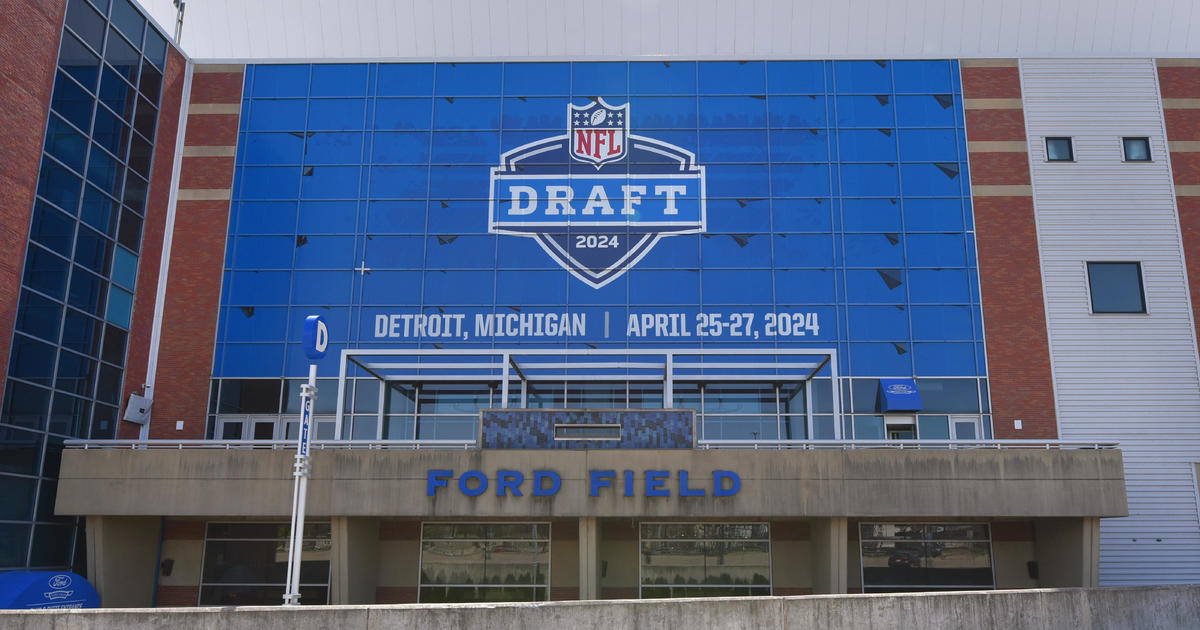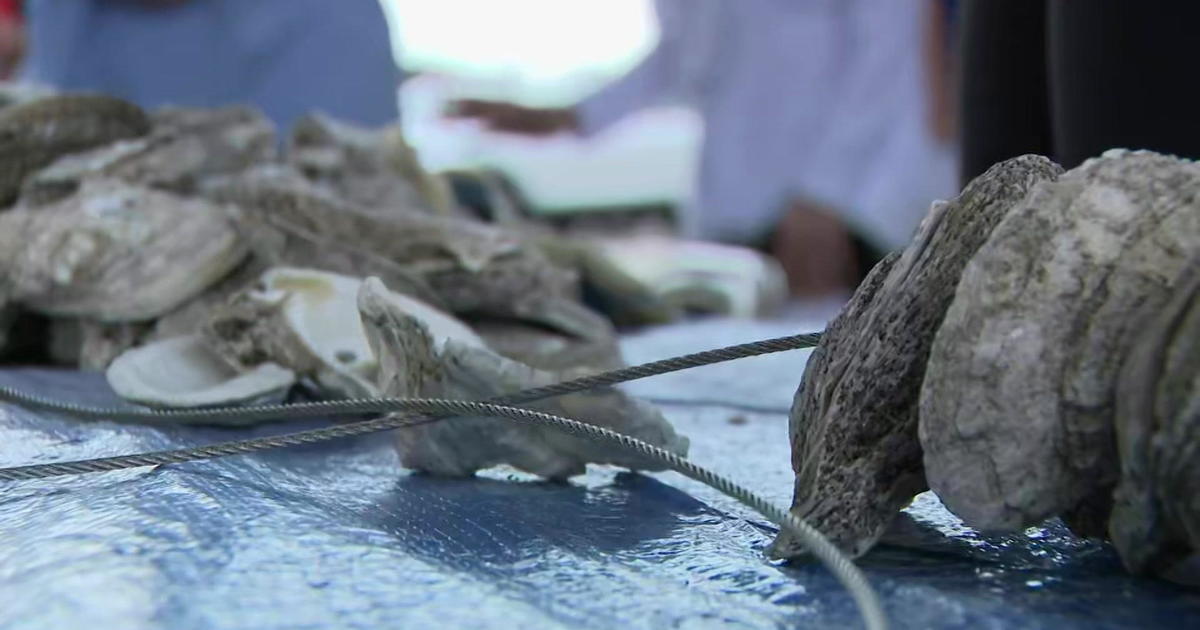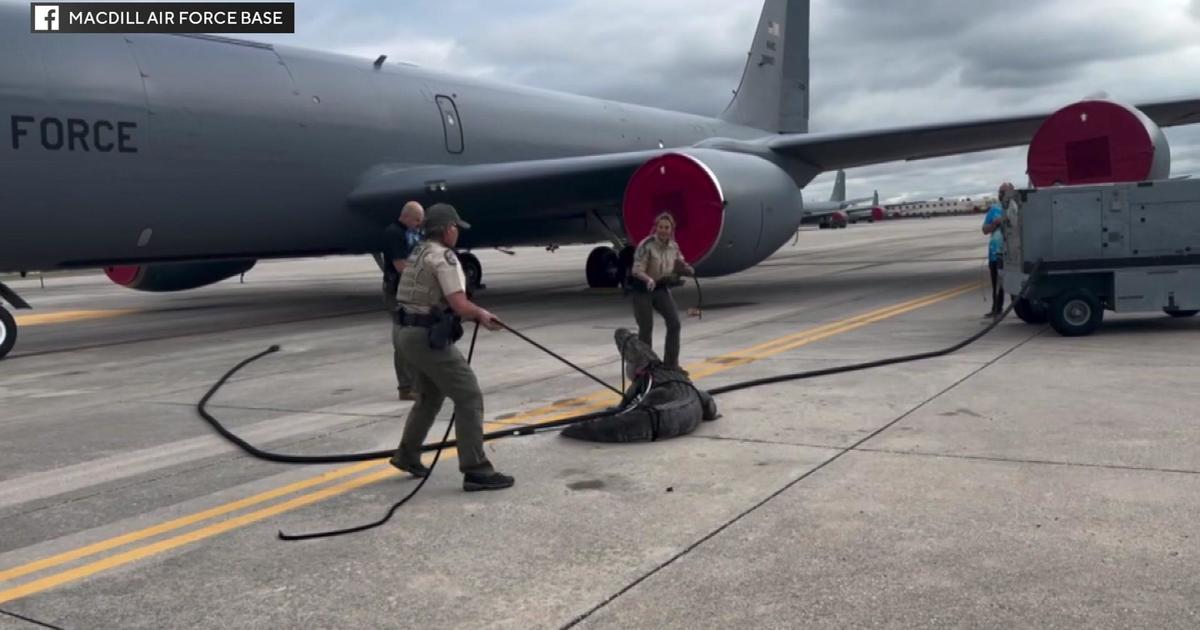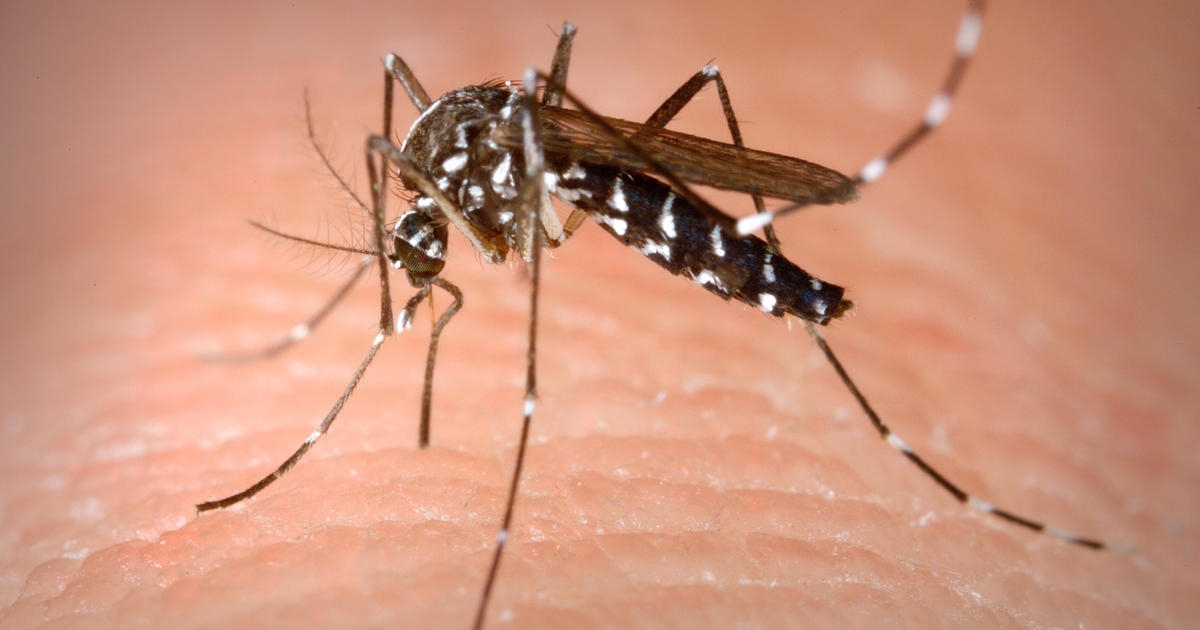2 Of 7 Pilot Whales Released Off Cudjoe Key
CUDJOE KEY (CBS4) - Two of the seven surviving whales were released early Saturday afternoon. A total of 14 whales have died after beaching themselves near Cudjoe Key late Thursday afternoon.
The 14th whale had been brought in from the sea early Saturday evening and was not part of the initial group that beached itself earlier this week.
The two whales released are 12 to 13 feet long, CBS4's Ted Scouten reported. Both male whales were placed on a barge which will has taken them 9 miles off the lower Florida Keys into the ocean.
Volunteers said the two whales appeared healthier than the others.
"When they actually lifted them out of the water their tails pulled up from the chest down they're all muscle and they were ready and engaged," said Marilyn Rogers, a volunteer.
It was a sentiment echoed by the vets.
"Nothing that gave any indication of illness there," said Dr. Chris Dold, a vet from SeaWorld. "They were vocalizing a lot which is a good indicator that an animal feels good."
Satellite tags were placed on the whales' dorsal fin for tracking, which should last two to three months, Scouten said.
Marine officials deemed the two whales healthy for the released.
Meanwhile, the five remaining whales are considered to be in critical condition. The five whales were placed under a tent and covered with sheets in the water to keep them moist and cool.
Officials were forced to euthanize an ailing pilot whale Friday night.
Vets and volunteers are doing health assessments on them and are using feeding tubes to give Pedia-Lite, a hydration liquid for children, with water and food to the whales.
But for the remaining five, the news isn't as good.
"I consider these five animals to be in critical condition. I will be cautiously optimistic. Some are even more guarded," Dold said.
In addition, a Sea World rescue team is heading to Cudjoe Key to give their assistance. Even a group of monks chanted at the scene to help the whales.
"Right now, the sun is working against us," said Karrie Carnes of NOAA. "If these animals are potentially high and dry on the sand flats, it means that their skin is exposed and it needs to be wet."
Carnes said Thursday pilot whales are native to the area and tend to strand themselves in groups when they are disoriented, confused, sick or injured.
"Zinc is being applied to areas where they can't cover them with wet sheets and there's the potential for the animals which are out there that if they're exposed to the sun, their skin could potentially blister and it could be quite nasty," Carnes said.
It's critical that the remaining whales be found if they are to survive.
Volunteers have been leading the charge to help the injured mammals.
"It's a privilege for us," said Navy volunteer Jerry Flint. "It's a great big, beautiful animal."
Flint and 20 of his friends from the Navy rushed to the scene to offer their help. He and other volunteers are wading into the "sea pen" and holding on to the sick whales.
"Basically, you put a hand under one of the fins and one over the dorsal fin, and just kind of stabilize, keep them stable so they're not tipping over or floating down to the bottom so they can relax, recover and breath."
"I took off work today to come help and see what they needed us to do," said volunteer Shannon Kennedy. "They needed volunteers and we're here."
"It's a great feeling knowing you're helping the animals out," said UM student Aaron Higdon. "I felt really bad, like you saw them last night, they looked really bad being stranded, but they're doing a lot better it seems."
Officials will relocate any whales that survive to the MMC's rehabilitation facility in Key Largo.
"Here we have a bunch of whales who needed help from us, so we're just glad to be able to get out there and lend a hand," Flint said.
The rescue effort can use motivated volunteers. If you're interested, call 305 797 7275.



